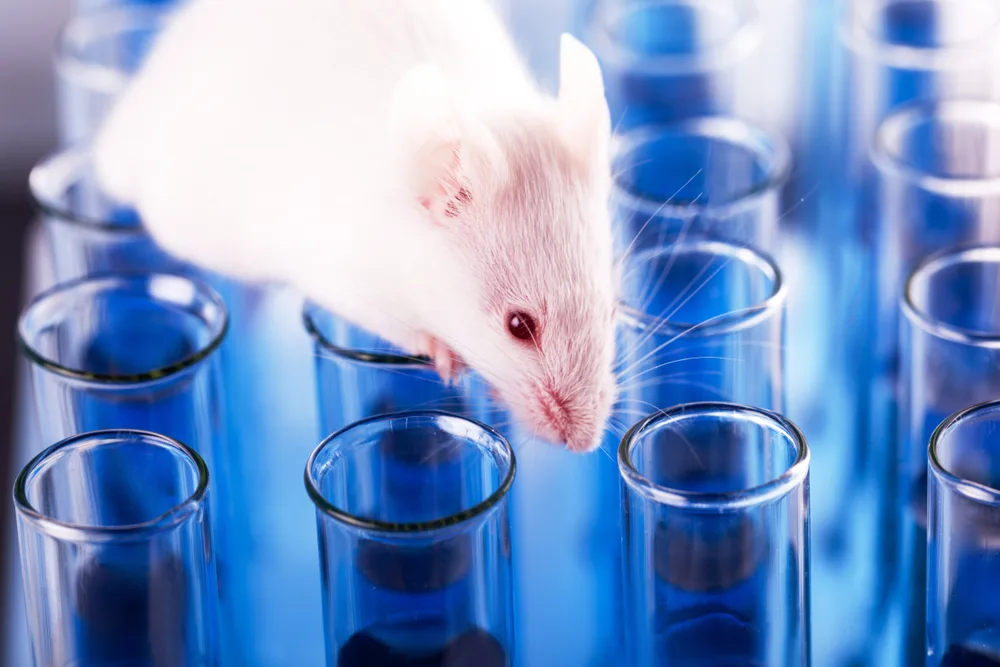
Brussels, 22 November 2021 – In a joint letter sent today to Executive Vice President of the European Commission Frans Timmermans and several European Commissioners, a group of Members of the European Parliament (MEPs) join Cruelty Free Europe and Cefic calling for the EU’s goal of reducing and replacing animal testing to be fully taken into account in the upcoming REACH impact assessment, including a measurement of numbers of animal tests as well as a modernised legislative framework.
The joint letter which has been co-signed by four MEPs, Maria Spyraki, Tilly Metz, Sirpa Pietikainen and Jutta Paulus, raises concerns about whether the Chemicals Strategy for Sustainability (CSS) will deliver on the European Parliament’s desire to minimise animal testing, promote alternative methods, reflect latest scientific advances, further accelerate research on alternatives, and uphold the REACH principle of animal testing as a last resort.
“There is an urgent need for increased regulatory acceptance of fit-for-purpose alternative testing methods. We need more investment in next generation animal-free approaches, and we need to ensure that any amendment to REACH, now or in the future, reflects scientific advances in alternative methods.” Marco Mensink, Cefic Director General.
The seven requirements listed in the letter aim to stimulate the prioritisation of robust and fit-for-purpose animal-free New Approach Methodologies (NAMs) and their regulatory acceptance including a proper evaluation of the impacts on animal testing in the Impact Assessments for all legislation ensuing from the Chemicals Strategy for Sustainability as well as monitoring of the animal testing required and tracking the number of animals used for testing.
Dr Katy Taylor, Director of Science and Regulatory Affairs for Cruelty Free International said: “The debate on the roll-out of the Chemicals Strategy for Sustainability (CSS) is often framed in a way that puts the phase-out of animal testing at odds with increased protection of human health and the environment. This is not an either – or. We are all united in wanting better outcomes for the health of the environment and people.”
The joint letter comes ahead of the REACH Revision, foreseen for 2022, which is a key opportunity to modernise data generation under REACH to reflect scientific advances and to ensure both existing data as well as reliable NAMs are further developed, promoted and accepted by the European Commission, EU Member States and the European Chemicals Agency (ECHA) at an increased rate.









